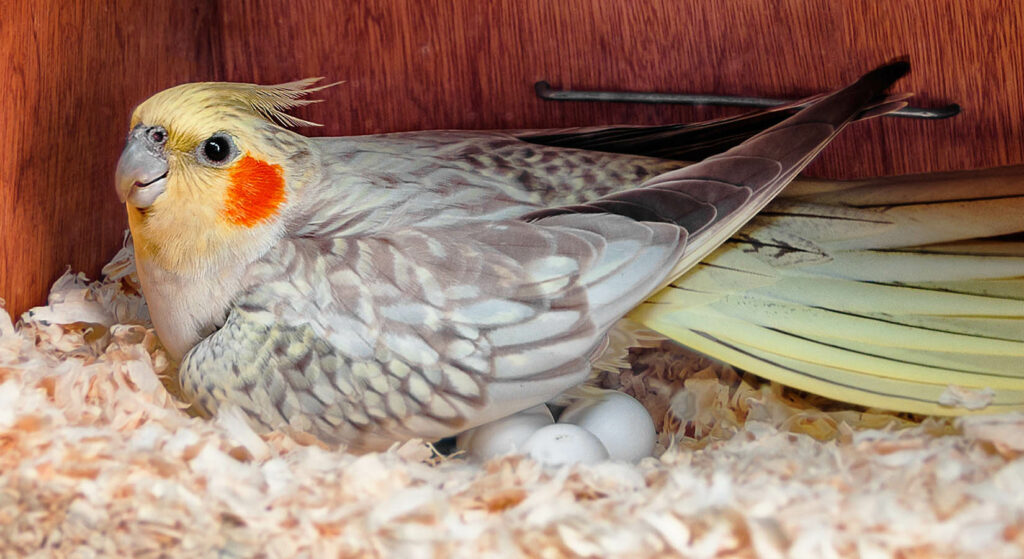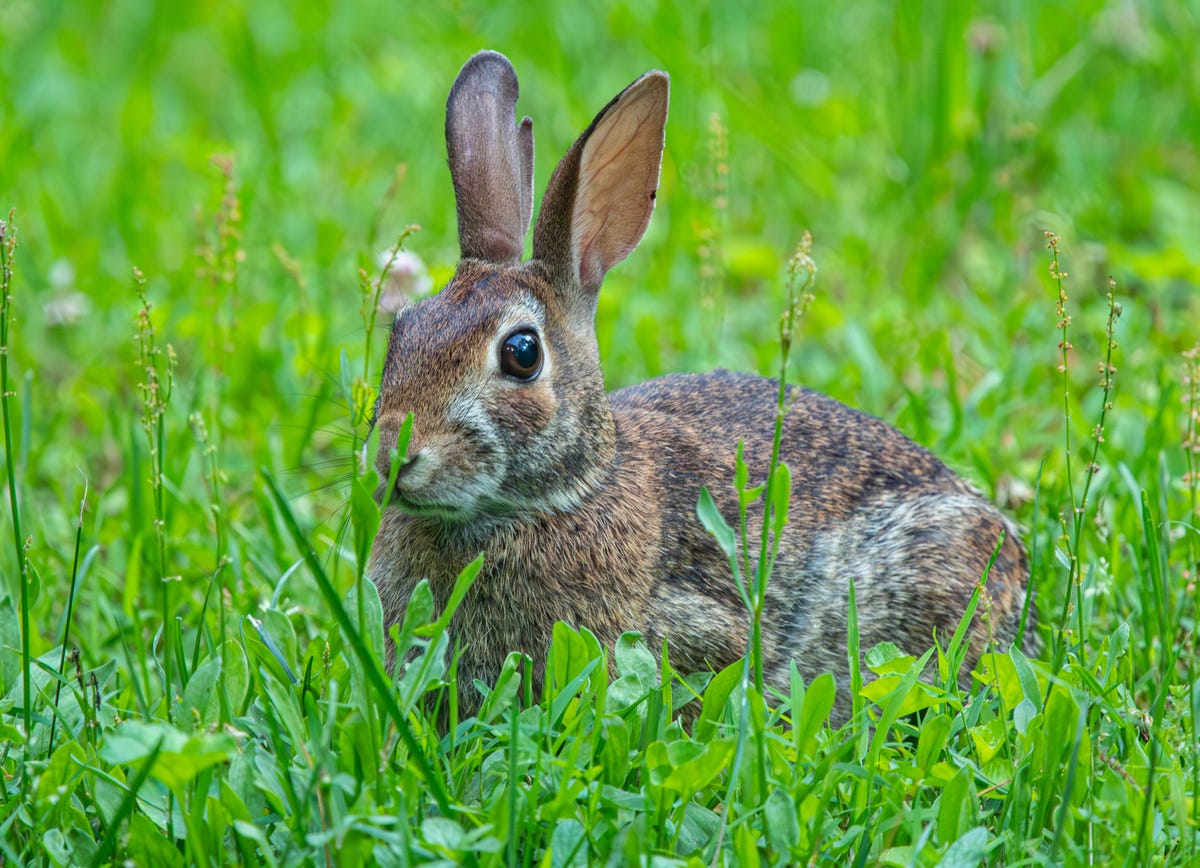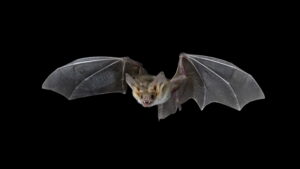Why do birds chronically lay eggs?

Birds, in specific conditions, exhibit a behavior known as chronic egg-laying, wherein they lay an excessive number of eggs. This behavior, observed in various bird species, can be influenced by environmental, hormonal, and physiological factors. While scientific literature might exist, specific extensive studies purely on chronic egg-laying in birds may be limited. Insights from avian specialists provide some understanding of potential causes and implications of this behavior.
Environmental and Social Factors
Chronic egg-laying in birds can be influenced by environmental cues, such as prolonged daylight exposure, consistent availability of food, and a lack of suitable nesting conditions, which might signal an optimal time for breeding.
Hormonal and Physiological Triggers of chronic egg-laying
Some studies suggest that chronic egg-laying might be triggered by hormonal imbalances. Factors like a bird’s age, hormonal changes, or disruptions in the reproductive system can lead to a continuous ovulatory cycle.
Nutritional and Health Considerations
Other studies on poultry and birds in captivity indicate that inadequate nutrition or underlying health issues might cause birds to lay eggs chronically. Imbalances in calcium, vitamins, or reproductive disorders can result in an increased laying frequency.
Behavioral Reproductive Strategies
The behaviour might be an adaptive response by some birds to unpredictable environments. In the wild, laying more eggs offers a survival advantage, compensating for potential losses.
Implications and Health Risks
Chronic egg-laying can lead to detrimental health consequences for birds. Frequent egg-laying depletes a bird’s calcium reserves, increasing the risk of metabolic bone diseases and reproductive complications.
Management and Intervention
Avian experts advocate for measures such as improving nesting conditions, providing a balanced diet, ensuring appropriate light cycles, and reducing stress to manage chronic egg-laying. In some cases, hormonal treatments may be required under professional guidance to regulate reproductive cycles.
Chronic egg-laying in birds can result from a complex interplay of environmental, hormonal, and health factors. Understanding the behavior and addressing potential causes is crucial in managing and mitigating the health risks associated with chronic egg-laying in avian species.










